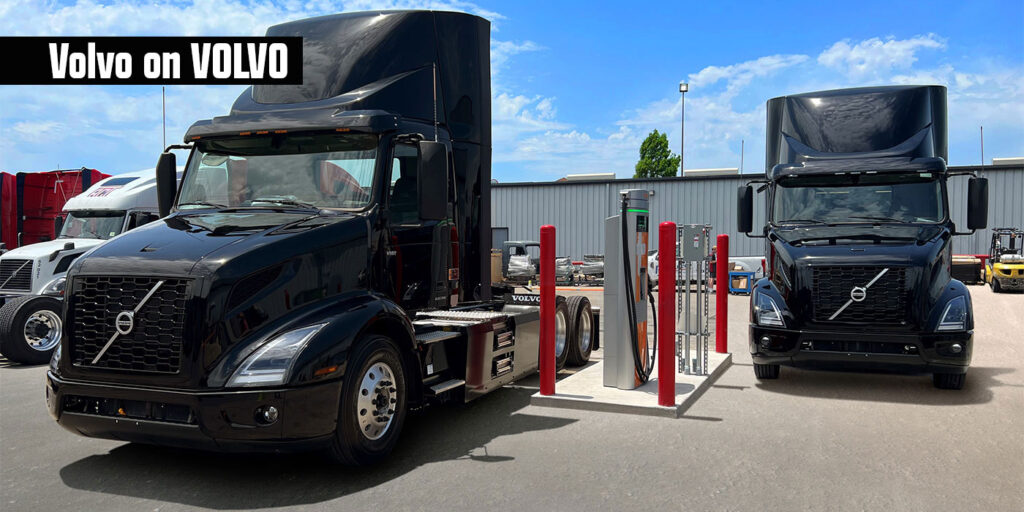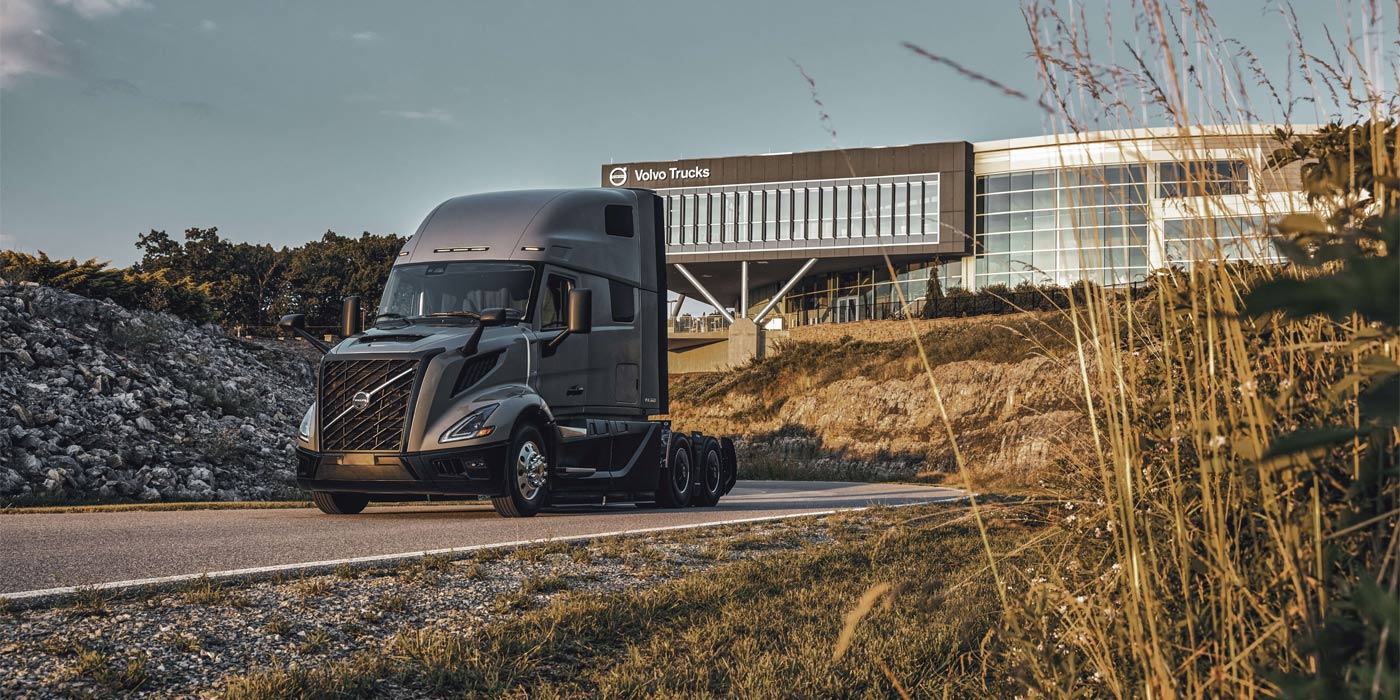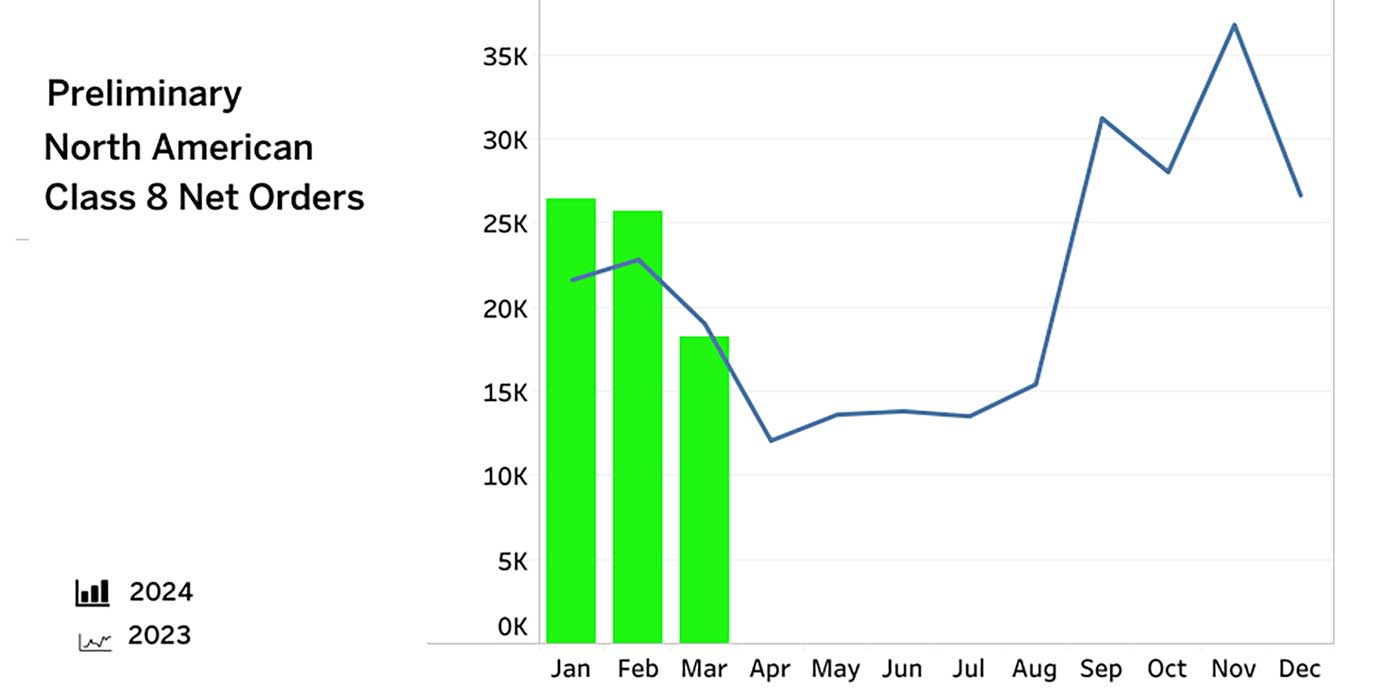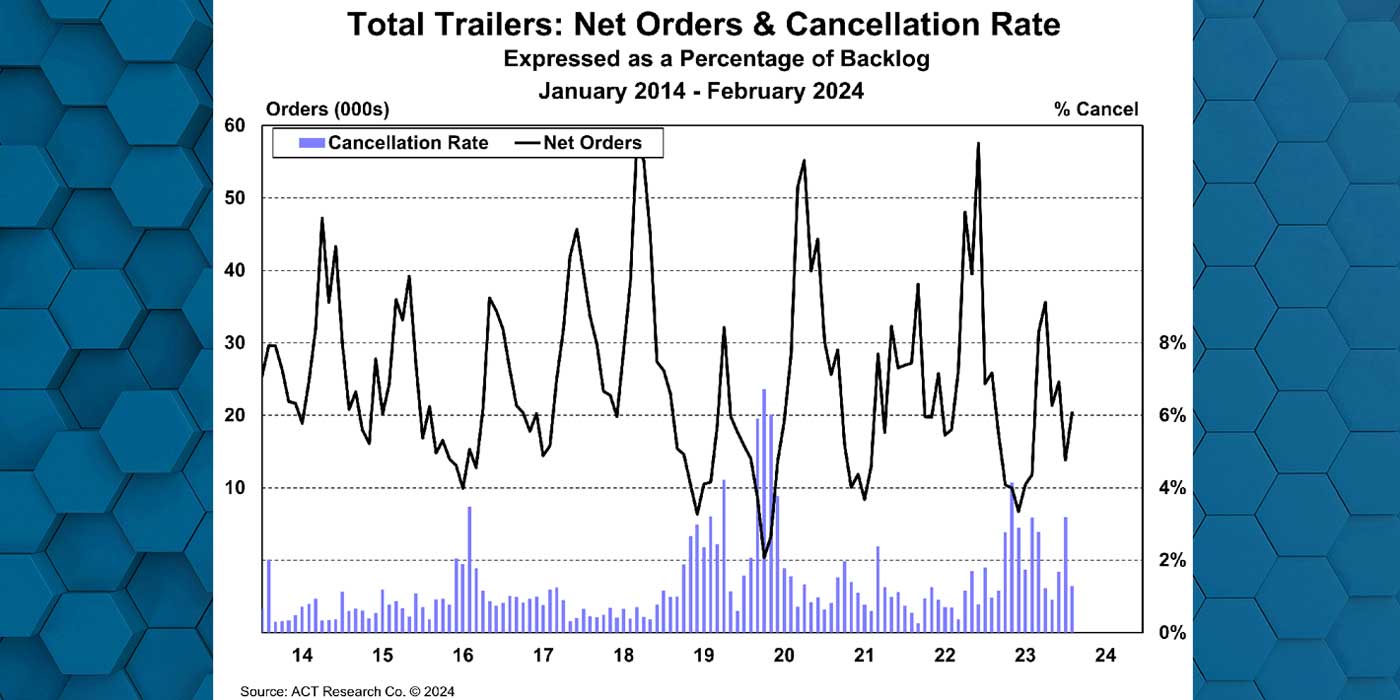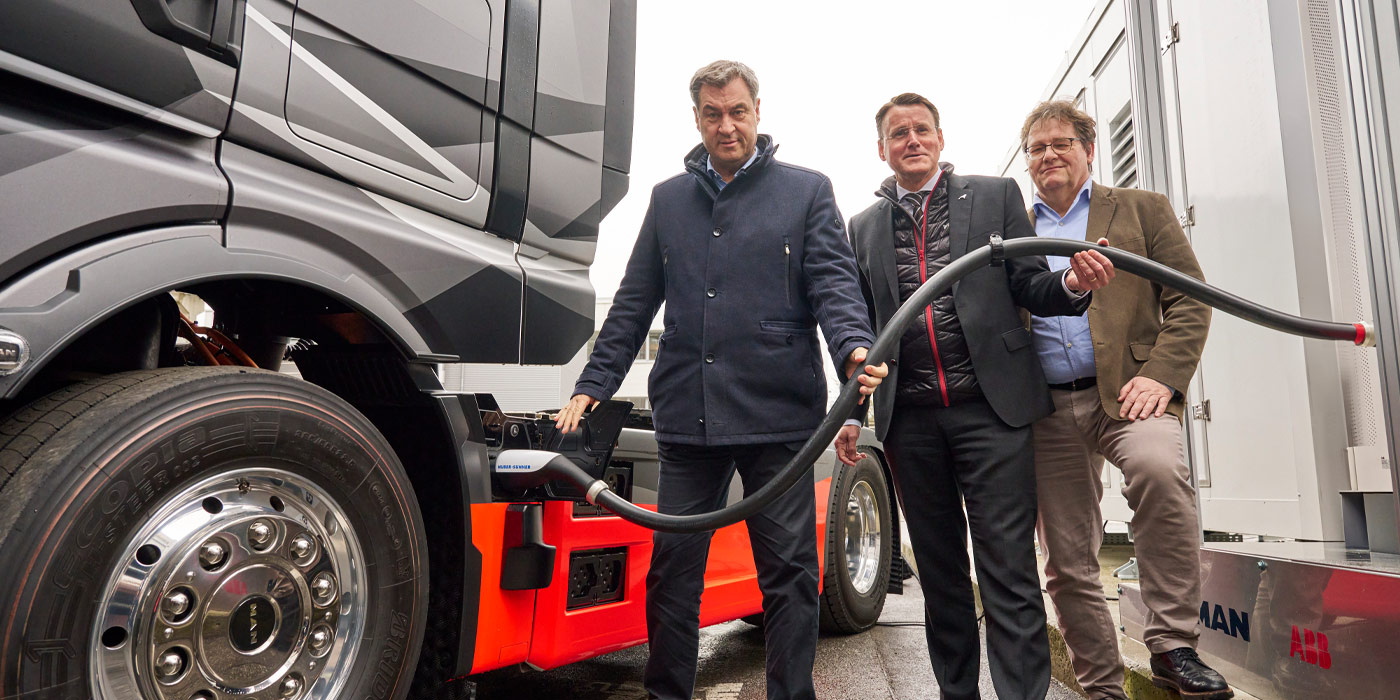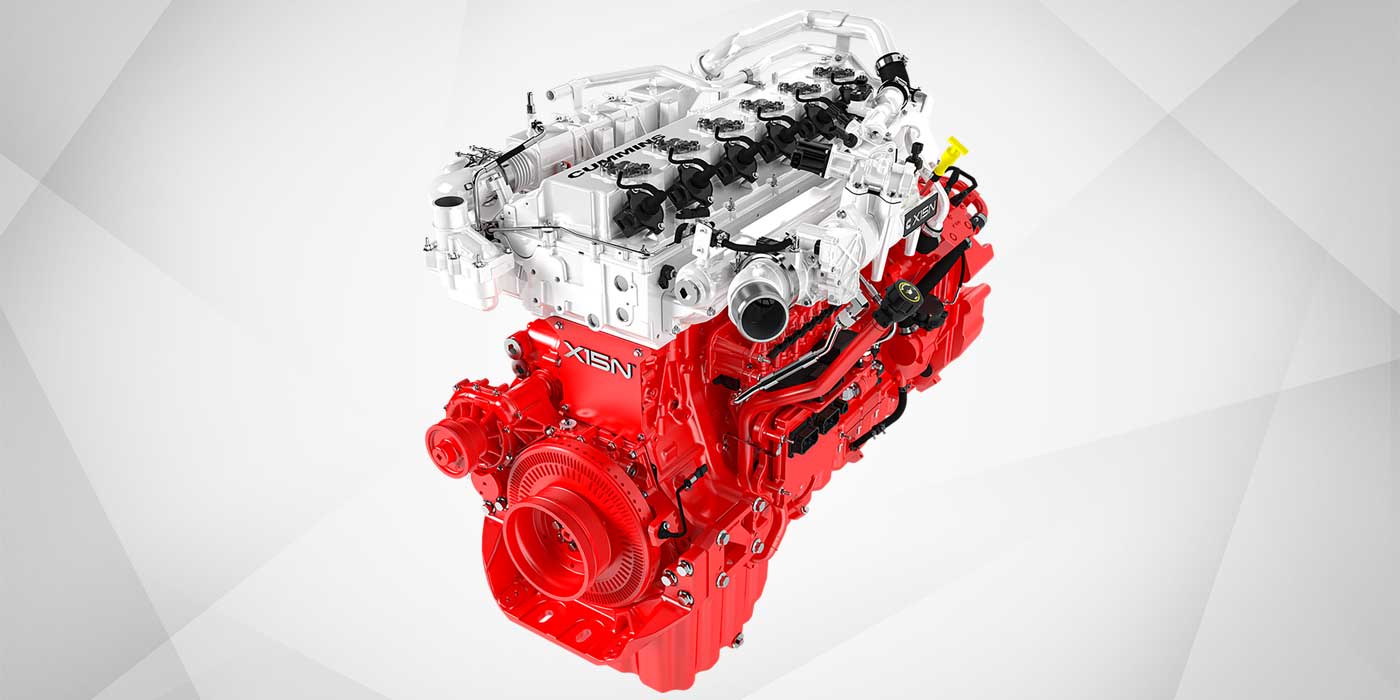Imagine that you did it: You moved heaven and earth to install battery electric truck charging infrastructure, you went to bat for your electric truck manufacturer of choice to the powers that be and convinced them it will work for your application, you placed your initial order and waited with equal parts excitement and nervousness for your first electric truck to be delivered, and when it was: You shook hands, took the keys, smiled for the photo and got ready to put it to work.
And then you see the headline: Next generation electric truck is even better!
Is this the reality of technology driven electric truck equipment? Are we heading toward iPhone-like hysteria where fleets are standing in line at the truck dealership to place the first order for the latest and greatest electric truck just because the one announced tomorrow will be better than the one we can buy today?
It’s easy to feel that way before you’re reminded that trucking applications have far more nuance than one over-reaching electric truck spec can deliver on (at a certain price point).
And the person who reminded me of that was Volvo Trucks North America President Peter Voorhoeve. I caught up with Voorhoeve shortly after the announcement that the next-generation Volvo Trucks VNR Electric, now available for order, sports up to 85% increased range, faster charging, and even more configurations for heavy-duty transport compared with the first generation.
So how does that announcement sit with VNR Electric first-generation customers?
“That’s something that we discussed a year and a half ago internally,” Voorhoeve explained. “We asked ourselves: ‘How are we going to put the truck on the market with 150 miles range knowing that a year and a half later, we will offer the next truck with a range of 275 miles?’”
The first answer should have been obvious: There’s a price consideration. This year’s iPhone is more expensive than last year’s, and the same is true with electric trucks.
The other is that it’s easy to broad-brush electric truck specs and focus on range anxiety, but if you approach it like any other piece of fleet equipment, you take a look at what will meet your application needs and then you spec for that. The question the first-generation VNR Electric had to answer was: Can it handle applications around 150 miles in range? The answer was yes. And just because a “next generation” is available doesn’t mean that the first spec is obsolete.
“First-generation VNR Electric customers are using them continuously, and will do so for the next six years, seven, or more years because they can do the job,” Voorhoeve explained. “It’s funny that I want to say this, but in those applications, the range is not so important.”
Because the truck meets the range demands.
Let’s not forget that the next-generation VNR Electric is outfitted with two additional battery packs compared to the first-generation that helps boost its range. It also cuts into the truck’s payload capacity, adding 4,500 pounds. And, again: Cost.
In the exciting world of electromobility it’s easy to get caught up in the technology, but take a step back, focus on application and talk about your equipment needs. The answers will present themselves.
Consider Performance Team–A Maersk Company that has, to date, committed to 126 total VNR Electric trucks. They bought both the first- and second-generation VNR Electrics; bought the first-gen even with the second available, no less.
“We’ve been very open with them,” Voorhoeve said. “We take a consultative approach, where we sit around the table with our customer and explain how we’re going to meet their needs.”
And that’s the key because guess what? It’s a pretty good bet that the third generation VNR Electric is going to be even better than the second. But better at what? Sure, it’ll likely go further and charge faster (this is my pure speculation, Voorhoeve was tight-lipped about details), but you aren’t racing these trucks. You’re using them to do a job. And if the truck that does the job meets the application range requirements, fits with your planned charging strategy, is supported after the sale and comes in at a price point that you’re happy with–that’s a win.
No standing in line necessary.
Next-gen Volvo Trucks VNR Electric walk around
Take a look at the new truck:

